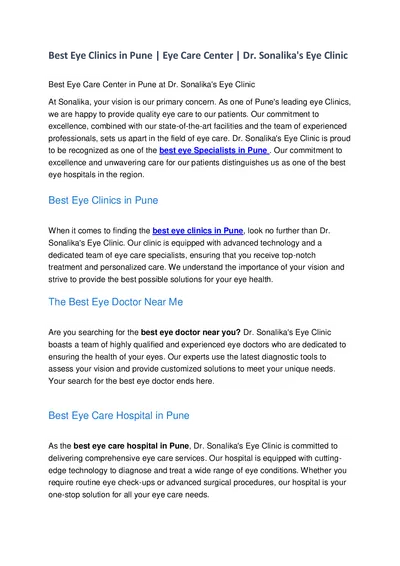PPT-CULTURAL and AGE SPECIFIC COMPETENT CARE
Author : melody | Published Date : 2022-02-24
RNS LPNS SNTNAS CLC SKILLS FAIR Tips for Providing Culturally Competent Care Dont stereotype people Remember that information you have about cultural traditions
Presentation Embed Code
Download Presentation
Download Presentation The PPT/PDF document "CULTURAL and AGE SPECIFIC COMPETENT CAR..." is the property of its rightful owner. Permission is granted to download and print the materials on this website for personal, non-commercial use only, and to display it on your personal computer provided you do not modify the materials and that you retain all copyright notices contained in the materials. By downloading content from our website, you accept the terms of this agreement.
CULTURAL and AGE SPECIFIC COMPETENT CARE: Transcript
Download Rules Of Document
"CULTURAL and AGE SPECIFIC COMPETENT CARE"The content belongs to its owner. You may download and print it for personal use, without modification, and keep all copyright notices. By downloading, you agree to these terms.
Related Documents














